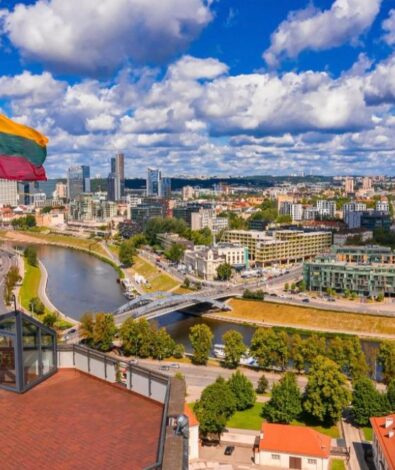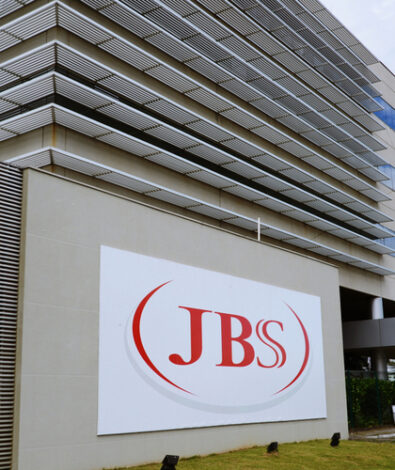Belgium makes substantial changes to immigration policy for foreign workers, effective May 1

The Flanders Region in Belgium has made substantial changes to its immigration policy applicable to foreign workers that will come into force on May 1, 2024.
This model prioritizes the employment of Belgian and European workers, only allowing the entry of foreign nationals into the workforce after local and regional labor markets have been fully considered.
The modifications to the Shortage Occupation and Labor Market testing frameworks aims to uphold the government’s concentric model of labor migration.
Nairametrics learns that the key changes include new work permit exemptions, Shortage occupation and labor market testing rule restrictions, and relaxed educational qualification requirements for EU Blue Card holders and intra-company transferees, among others.
Work permit exemptions to be expanded
The government plans to broaden exemptions for work permits, permitting the following activities under a business visitor status, which currently necessitate a work permit:
- Participation in conferences, seminars, business meetings, trade fairs, and exhibitions.
- Negotiation of business agreements.
- Involvement in sales, marketing, internal, and customer audits.
- Exploration of business opportunities.
- Attendance or conduct of training sessions.
- Activities related to tourism.
- Translation and interpretation services.
This means that employees can engage in more business visitor activities for an extended period without needing a work permit. However, employers must evaluate the permissible activities and monitor the duration their employees spend in Belgium to adhere to the rule of staying no more than 90 days within any 180-day period.
Shortage occupation rule restrictions
Employers must now provide documentation of an individual’s skills, experience, and qualifications for medium-skilled shortage occupation applications, as these will be assessed by the Regional Employment Ministry (REM). This is a new requirement, as previously, such documentation was not necessary.
This means that employers must obtain extra documents from applicants, the internal administrative process, including the time needed for document production and collection, is expected to be lengthier.
Stricter vacancy publication
The labor market test process now enforces stricter rules for job advertisement. Employers must publish job vacancies for at least nine weeks within the four months before applying, an increase from the previous six weeks.
Additionally, postings must appear on both the EURES (European Jobs Network) and the Flemish employment services (VDAB) websites.
The government will accept labor market test applications only for jobs listed as shortage occupations by VDAB, currently numbering 119. However, job renewals for the same position with the same employer are still permitted outside this list.
This extended job vacancy posting times will lengthen the immigration process, potentially postponing employment start dates. Additionally, the more restricted list of shortage occupations will reduce the variety of jobs available to foreign workers.
Professional experience accepted for EU Blue Card information technology (IT) applicants
For EU Blue Card applicants in the IT sector, those with managerial or specialist roles (as per ISCO codes 133 and 25, respectively) can substitute academic credentials with at least three years of relevant professional experience gained in the seven years prior to the application.
This makes hiring experienced IT professionals without formal academic qualifications more feasible, addressing the IT labor shortage in Belgium.
Easier change of employer rules
EU Blue Card holders can now switch employers in the first 12 months by simply notifying the Regional Employment Ministry (REM), eliminating the previous requirement for a new work permit.
After 12 months, changing employers becomes even easier, with no immigration formalities needed, an improvement from the previous 24-month waits. This streamlined process, contingent on meeting minimum salary criteria, reduces time and costs for foreign workers.
Salary threshold increased
The salary requirement for obtaining an EU Blue Card has been raised to 130% of the average income, equating to an annual taxable salary of EUR 60,621 for 2024.
Applicants for new Blue Cards must therefore comply with this increased threshold. However, this updated requirement does not affect existing EU Blue Card holders, provided they remain with their current employer.
In addition, minor modifications have been introduced which includes streamlining the hiring of seasonal workers, reducing the minimum contract requirement for EU Blue Cards to six months, introducing new grounds for the government to deny work permit applications based on the employer’s status, and updating the medium-skilled shortage occupation lists more regularly, among other adjustments.



